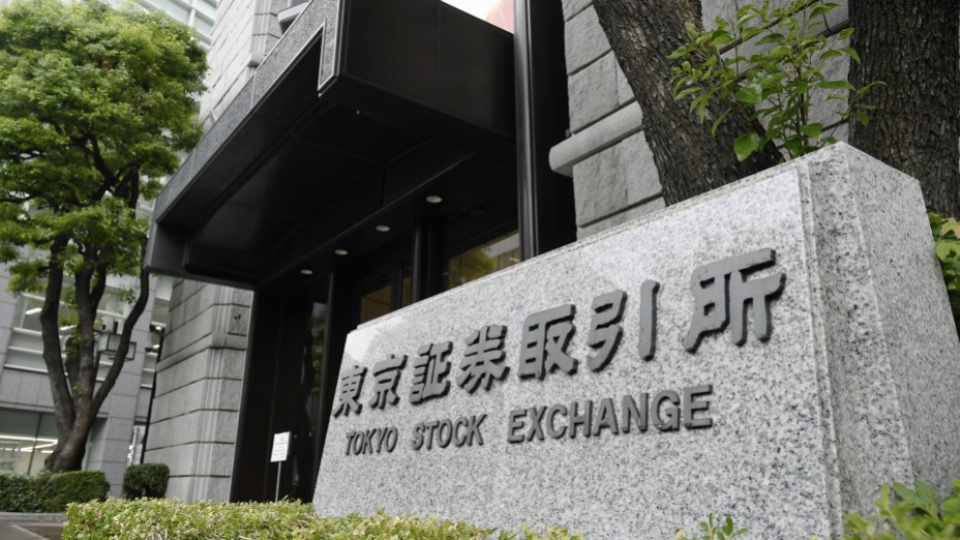FXOpen

Japan's notoriously conservative approach to business practices combined with a world renowned reputation for engineering excellence has been a winning combination for the island nation for over 60 years.
A relatively small country was able to successfully market a range of products in many sectors ranging from electronic goods to automobiles to a worldwide audience to the extent that Japanese corporations are now global giants with head offices in various countries across the world and the names of these corporations household names in all continents.
An incredible attention to detail, highly educated population and unfaltering work ethic transformed Japan into the ultra-sophisticated nation that it is today, however perhaps surprisingly this commercial dominance has not always equaled a world-beating national economy.
Over recent years, the Japanese Yen has been subject to various periods of volatility, and Japanese stocks, once the absolute pinnacle of economic success during the 'Yuppie Years' of the 1980s when there was no internet and heavy manufacturing companies and property development giants were the largest companies in the world.
Since the rise of the Silicon Valley tech giants, all of which are a creation of the Internet revolution, however, Japan's indices have been far less of a talking point among traders and investors of the stocks of large companies as the absolute dominance of the 'Magnificent 7' and the halo effect they have created around other internet-based companies, software firms and e-commerce tours de force has changed the entire focus from traditional bricks and mortar companies toward those whose products are in the ether.
Japan's economic policy has trodden a different course to that of North America and Europe of late, too. Japanese central bankers had attempted to stimulate spending by maintaining a negative interest rate, to no avail. This came to an end last week, when the Japanese interest rate was increased to zero, representing the first interest rate rise in 17 years, and still nobody pays interest.
Giving up on stimulating a slumbering economy has had an interesting effect, however. The Japanese Nikkei 225 index, which tracks the best performing and most prestigious stocks on the Tokyo Stock Exchange, has been trading at high levels to the extent that it is the top moving index on FXOpen today, trading at 40.399 points as of 8.17 am UK time according to FXOpen market data.
The Nikkei 225, which began calculating stock data in 1950, is now well above the 40,000 mark, which was a threshold which placed the Nikkei 225 index back in full view of Western observers in February this year when it traversed that milestone to reach an all-time high, surpassing the 39,915 which it reached in the height of the 'Yuppie Years' in 1989 when Japanese heavy industry was the darling of investors in firms producing consumer goods.
Now, a month after the revelations that the Nikkei 225 had reached its highest point in 34 years, it is moving rapidly again.
Today saw a modicum of volatility within the Nikkei 225, even though it is still above the 40,000 level as the index dropped 292 points during the Asian market trading session, so there is now an interesting path ahead. Will it stay above the 40,000 level as Japanese stocks continue to buck the overall stagnant economic situation in Japan, or will they dip back down into the 39,000 range? Could go either way.
Trade global index CFDs with zero commission and tight spreads. Open your FXOpen account now or learn more about trading index CFDs with FXOpen.
This article represents the opinion of the Companies operating under the FXOpen brand only. It is not to be construed as an offer, solicitation, or recommendation with respect to products and services provided by the Companies operating under the FXOpen brand, nor is it to be considered financial advice.
Stay ahead of the market!
Subscribe now to our mailing list and receive the latest market news and insights delivered directly to your inbox.








